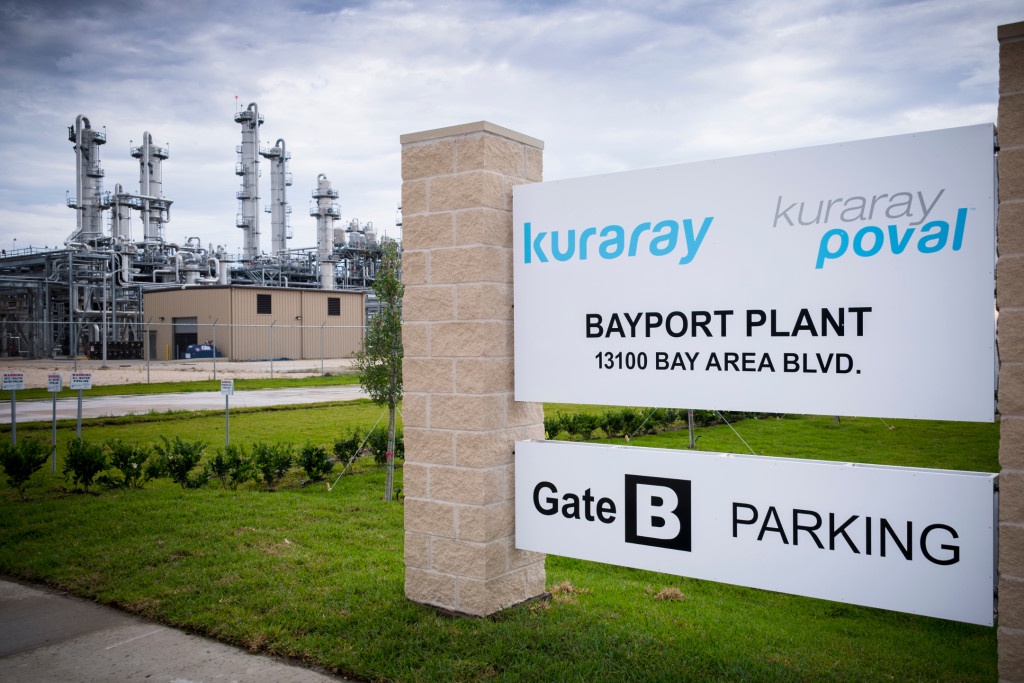Polyvinyl alcohol (PVA) is a fascinating material with a myriad of applications across diverse industries. Its unique properties, such as water solubility, film-forming ability, and adhesion, have made it an indispensable component in various formulations. In this article, we delve into the material characteristics of polyvinyl alcohol and specifically explore its role as a PVC suspending agent, shedding light on its significance in industrial processes.
Polyvinyl Alcohol: A Material Overview:
polyvinyl alcohol material, synthesized through the hydrolysis of polyvinyl acetate, is a water-soluble polymer renowned for its versatility. The degree of hydrolysis dictates the water solubility and other key properties of PVA, making it suitable for a wide range of applications. Some of its notable attributes include excellent film-forming capabilities, adhesive strength, and chemical resistance.
- Film-Forming Ability: One of the distinctive features of PVA is its ability to form transparent and flexible films. This property has led to its extensive use in various industries, including packaging, textiles, and paper coatings. PVA films contribute to improved strength, printability, and surface smoothness in materials.
- Adhesive Strength: PVA's adhesive properties make it a key component in the formulation of adhesives and glues. Its capacity to form strong and durable bonds with different materials, such as wood, paper, and textiles, has cemented its role in bonding applications across diverse sectors.
- Water Solubility: The water-soluble nature of PVA is a pivotal characteristic that opens up possibilities in manufacturing processes. It allows for easy integration into various formulations, making PVA a preferred choice in industries where water-based solutions are advantageous.
- Chemical Resistance: PVA exhibits notable chemical resistance, adding to its durability in different environments. This property is particularly valuable in applications such as construction materials and coatings, where resistance to external factors is crucial.
PVA as a PVC Suspending Agent:
Polyvinyl alcohol's versatility extends to its role as a PVC suspending agent. PVC, or polyvinyl chloride, is a widely used polymer with applications ranging from construction materials to medical devices. In the manufacturing of PVC, the use of suspending agents is crucial for preventing particle agglomeration and maintaining a stable dispersion during the polymerization process.
- Preventing Particle Agglomeration: In the production of PVC, individual polymer particles need to be dispersed uniformly in the reaction medium. PVA acts as a suspending agent by preventing the agglomeration of PVC particles, ensuring that they remain evenly distributed. This contributes to the production of PVC with consistent properties and quality.
- Maintaining Stability: The stability of the PVC suspension is paramount throughout the polymerization process. PVA, with its film-forming and adhesive properties, helps in maintaining the stability of the PVC particles in the reaction medium. This stability is vital for achieving the desired characteristics in the final PVC product.
- Enhancing Process Control: PVA's role as a PVC suspending agent also extends to process control. Its water solubility allows for precise control over the dispersion and reaction rates, leading to a more controlled polymerization process. This is crucial for meeting specific requirements and achieving desired PVC properties.
Applications of PVC:
The applications of PVC are vast and diverse, owing to its excellent chemical resistance, durability, and cost-effectiveness. Some key areas where PVC is extensively used include:
- Construction Materials: PVC is a common material in pipes, fittings, and profiles for construction purposes due to its durability and resistance to chemicals and weathering.
- Packaging: PVC is used in various packaging applications, including blister packaging for pharmaceuticals and food packaging, where its transparency and barrier properties are advantageous.
- Medical Devices: PVC is widely used in the medical industry for manufacturing tubing, blood bags, and other devices due to its biocompatibility and flexibility.
- Electrical Insulation: PVC's insulating properties make it a preferred material for electrical cables and wiring.
Conclusion:
Polyvinyl alcohol's material properties and its role as a PVC suspending agent highlight its significance in modern industrial processes. From forming flexible films to ensuring the stability of PVC polymerization, PVA continues to prove its versatility across various applications. As industries evolve, the innovative use of PVA is likely to contribute to advancements in manufacturing processes and the development of new materials with enhanced properties.


No comments yet